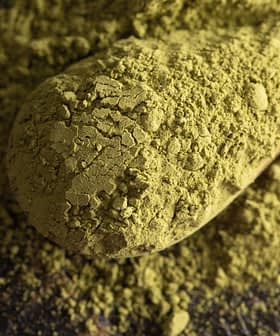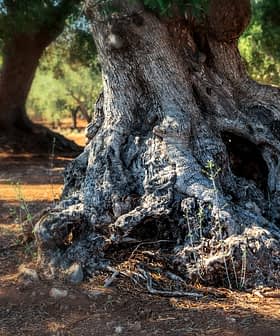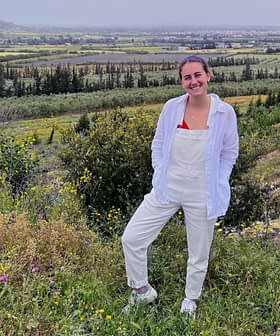For Award-Winning Producer Aires de Jaén, Sustainability Is Key to Quality
The producers behind Aires De Jaén say winning two Gold Awards at the 2023 NYIOOC World Olive Oil Competition validates their efforts to create a circular economy.
 (Photo: Aires de Jaén)
(Photo: Aires de Jaén) Aires de Jaén won two Gold Awards at the 2023 NYIOOC World Olive Oil Competition, confirming their vision and investments in sustainability. The company, located in Jaén, Spain, produces olive oil from traditional and high-density orchards, focusing on a circular economy and sustainable practices.
The producers behind Aires de Jaén are celebrating the two Gold Awards they won at the 2023 NYIOOC World Olive Oil Competition.
They said the awards confirm their vision and vindicate the investments made by the company in the last several years.
We are increasingly focused on the circular economy… At the point where we are now, there are no leftovers from the olive milling operations. We produce zero waste.
“We are very happy with the wins,” Matias López Sanchez-Polaina, the general manager of production, told Olive Oil Times.
“I’m happy for us and our workers, experts and collaborators who make this possible,” he added. “It validates our path of creating a circular economy and being sustainable.”
See Also:Producer ProfilesIt is the fifth time the producers’ extra virgin olive oils have received top awards at the competition.
Situated in Jaén – the Andalusian province responsible for a significant share of Spanish olive oil production – Aires de Jaén’s olive groves sit alongside the Guadalquivir River.
“That is where our Finca Badenes extra virgin olive oil is born,” López Sanchez-Polaina said. “It is an area dedicated to olive growing since Roman times. Since then, the river has been called the gold river.”
Today, the company exports extra virgin olive oil to dozens of countries, manages its own mill and can store up to 20 million liters of olive oil. The farms’ olive groves include traditional orchards and high-density (intensive) and super-high-density (super-intensive) plantations.
Most of Aires de Jaén’s olive oil is produced from Arbequina, Picual, Empeltre and Frantoio cultivars, which they blend before exporting overseas.
“Our family started as farmers at the Finca Los Badenes in 1965, and 30 years later, our parents started cultivating olive trees,” López Sanchez-Polaina said.
After several experiences in food multinationals, the general director and his sister Rosa took charge of the company in 2010 with the goal of sustainability. Their three nephews are also active in the export division of the company.
Every year, its industrial plant bottles up to nine million liters of olive oil. “Half of the energy required to produce our olive oil bottles comes from solar energy,” López Sanchez-Polaina said.
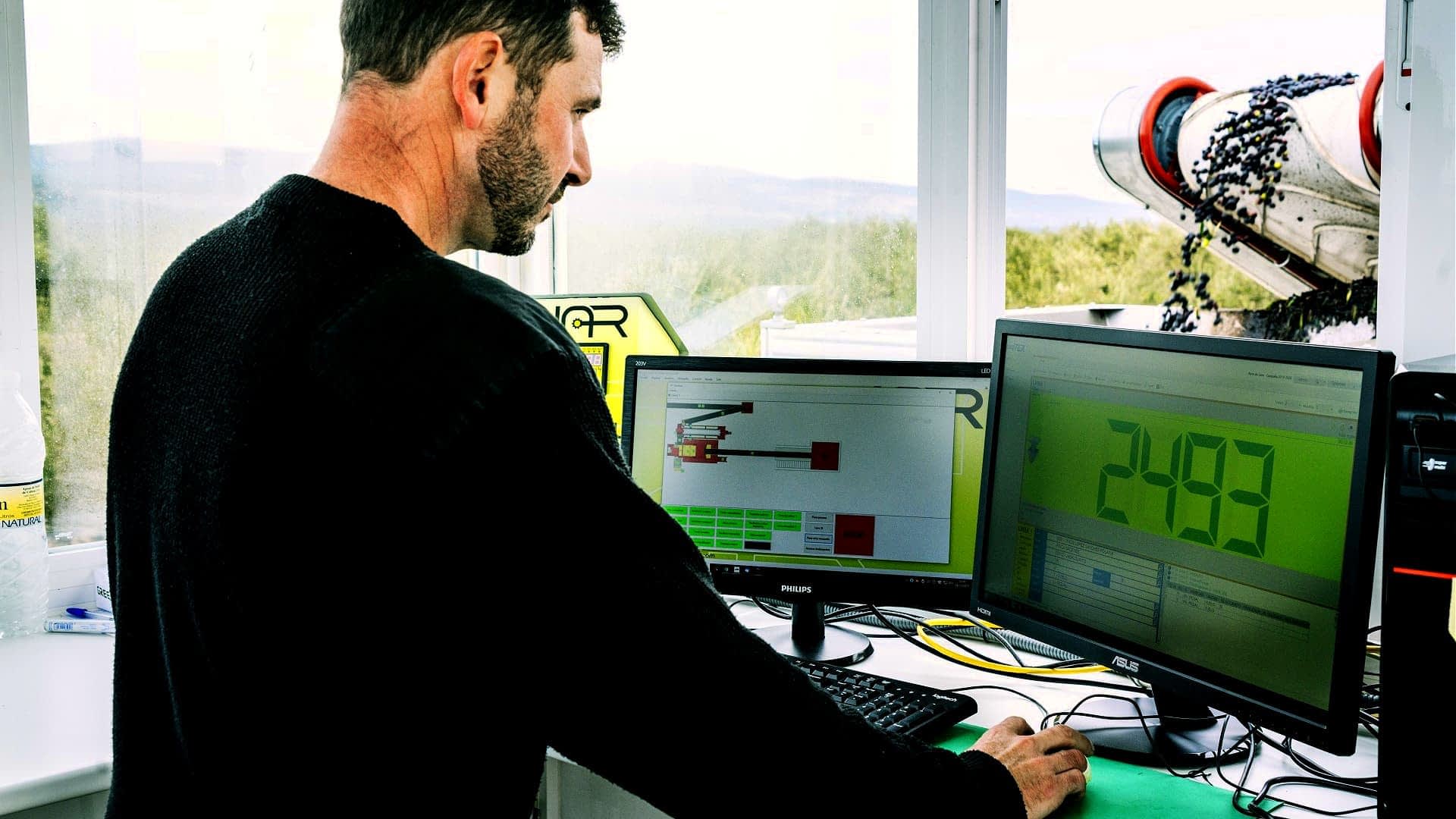
As a large producer and exporter, the company also relies on a network of olive farms, which follow standard practices.
“We are increasingly focused on the circular economy,” López Sanchez-Polaina said. “Take the vegetation [olive waste] water. It constitutes approximately half of what the olive produces. We are re-using it to clean the olives and treating it to re-use it in the field.”
Leaves and branches from pruning and mill operations enrich the soil. The olive pits are also used as fuel for the factory water systems.
“At the point where we are now, there are no leftovers from the olive milling operations,” López Sanchez-Polaina said. “We produce zero waste.”
Given the uncertainties of the climate, changing local and European Union regulations and the need to limit water use, Aires de Jaén does not irrigate its groves with surface water.
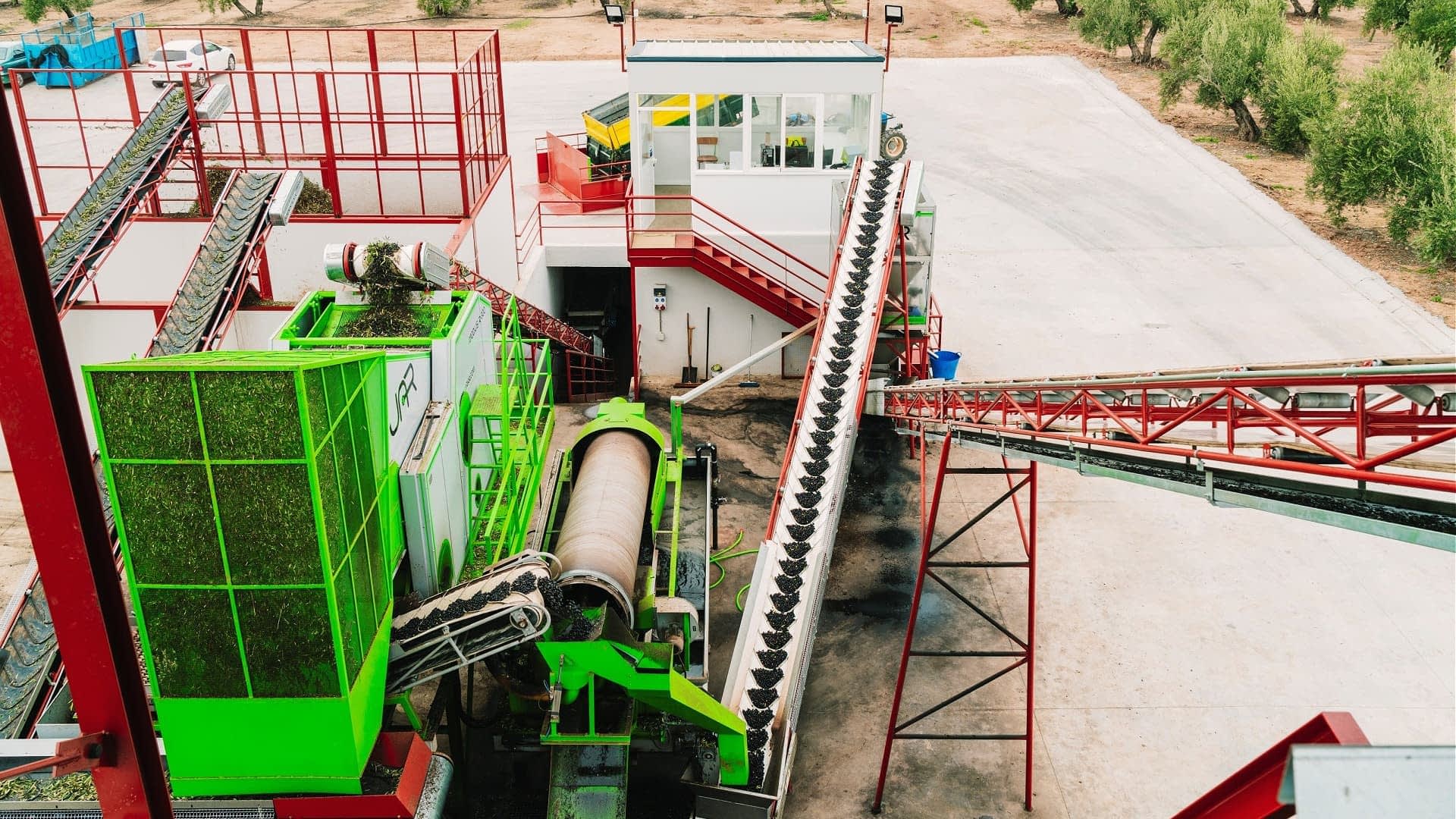
“The irrigation infrastructure runs about half a meter into the ground to minimize evaporation,” López Sanchez-Polaina said, suggesting that olive producers play a critical role in taking care of the environment and passing the approach to the new generations.
López Sanchez-Polaina cites daily care of the groves as one of the secrets behind the quality of the product.
“It is crucial,” he said. “Looking at the olives, at the health of the trees and then choosing the exact timing for harvest. For our early harvest products, we will wait for the green olive to start turning purple.”
Given the early harvest needs and the daily temperatures, which remain high in October, when the harvest usually begins, the company keeps an eye open on the temperature of the olives.
“We do not want to collect olives at high temperatures,” López Sanchez-Polaina said. “This means to avoid the harvest in the warmest hours of the day, and it implies a very quick transfer of the olives to our olive mill.”
“Sometimes, even in November, temperatures are still so high,” he added. “Only 10 or 15 years ago, we would not have been here thinking about how to approach this problem.”
As a result, Aires de Jaén has invested in technology to keep the olives cool from reaching the mill until the completion of the transformation process.
“We work very hard to avoid the olive and olive paste temperature exceeding 23 ºC,” López Sanchez-Polaina said.
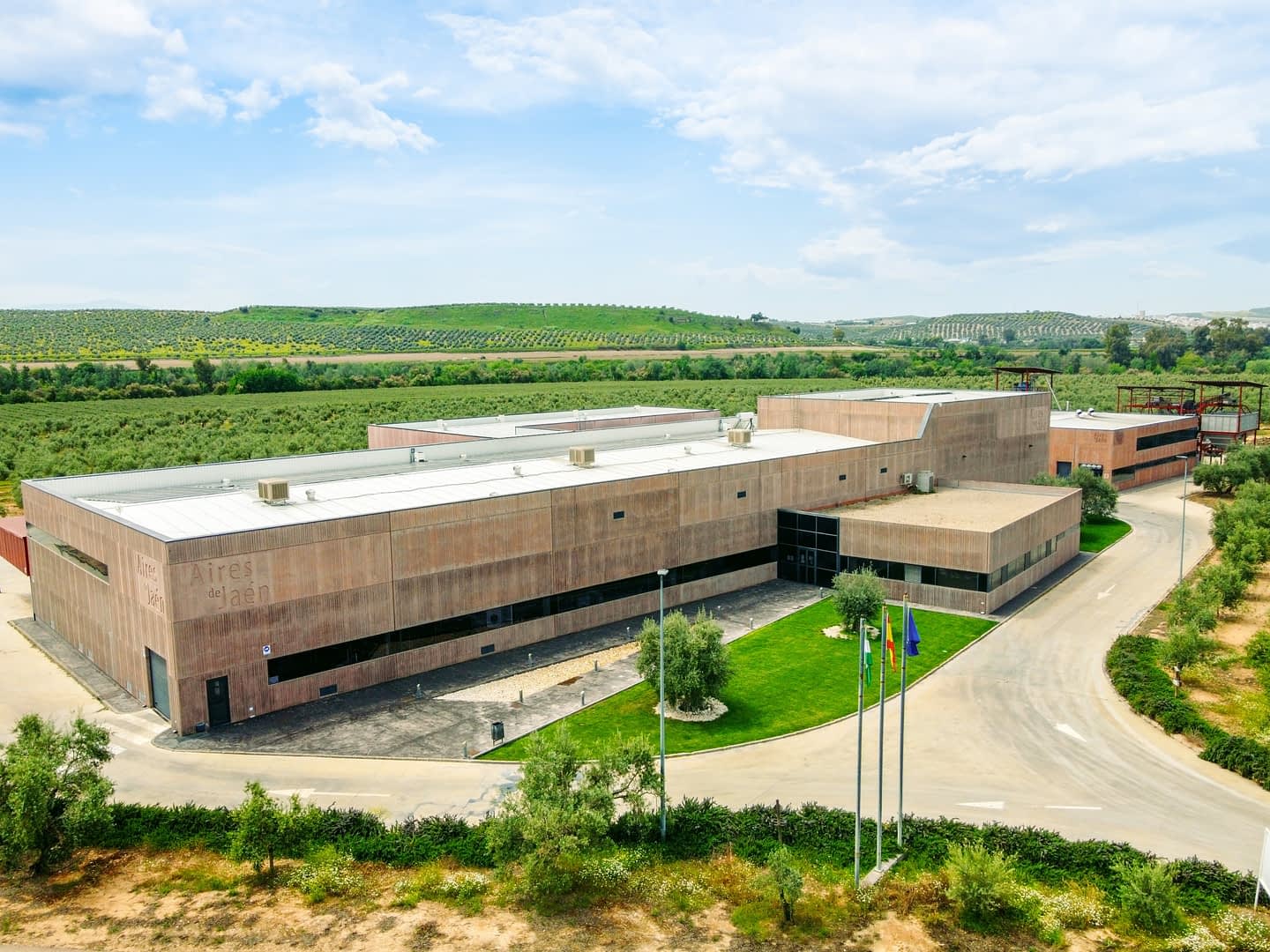
“Oleotourism and learning opportunities targeted to the consumers are also part of the efforts of the company to spread a culture of high-quality production,” he added.
Consumers are invited to the company’s premises to discover the surroundings, explore the groves, and directly assist in production.
“Many events in ancient and more modern history have happened in the region, so we can combine such historic landmarks and locations with interest shown by many consumers to explore the olive oil world,” López Sanchez-Polaina said.
“They can taste our olive oils directly from the hands of our experts, as to live an enriching experience,” he added. “Increasingly, our challenge is to help consumers see the differences between a regular extra virgin olive oil and the more exquisite, fragrant taste of high-quality products.”
Share this article



